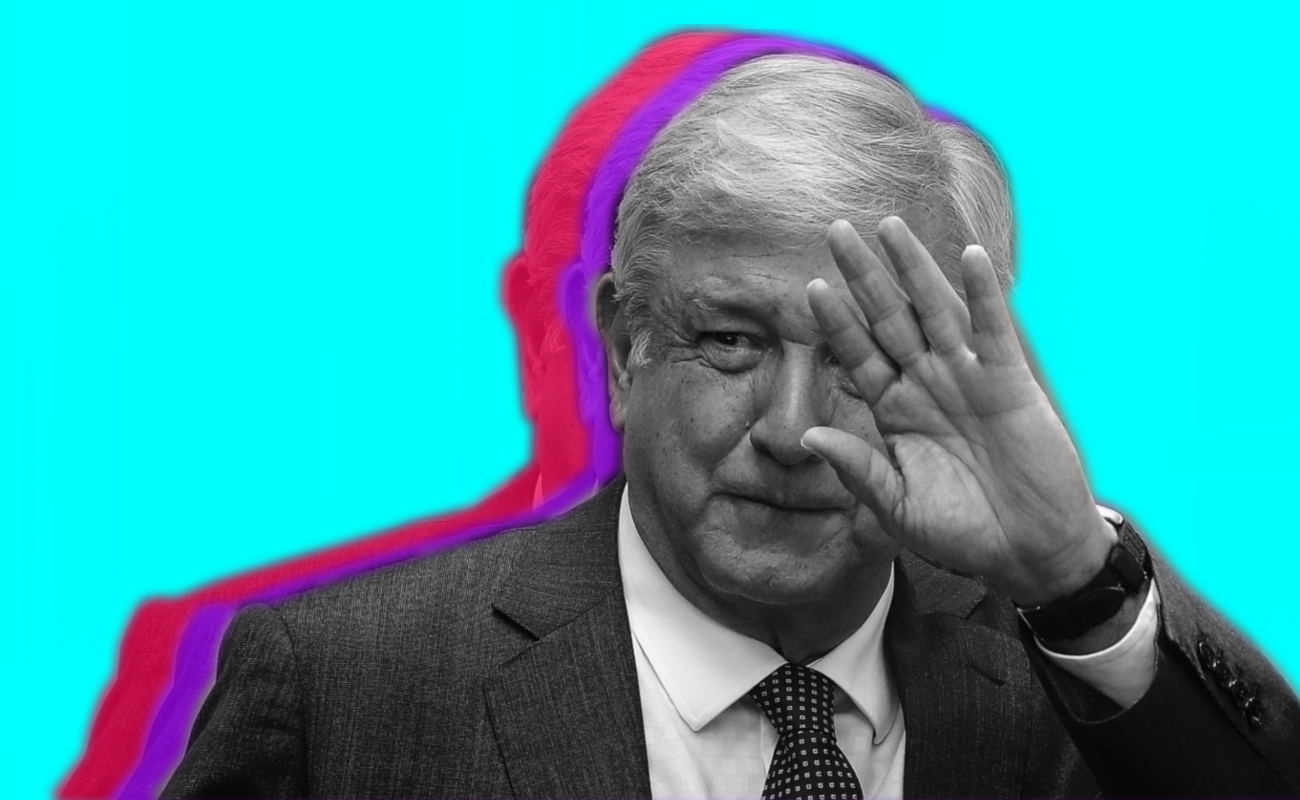Mexico’s outgoing president pledged Friday to press ahead with judicial reforms despite nervousness among investors and suggestions from his own handpicked successor that he should go slow.
President Andrés Manuel López Obrador said he would pursue 20 constitutional changes after his Morena party won a two-thirds majority in Congress in Sunday’s elections, including making all judges run for election and enshrining a series of unfunded benefit mandates in the Constitution.
Sunday’s elections ensured that Claudia Sheinbaum, the candidate of López Obrador’s Morena party, will be the next president. Sheinbaum had spent most of the week talking to international financial organizations and investors, trying to calm markets after a 10% drop in the peso’s value.
She suggested Thursday the reforms had not yet been decided and should be subject to dialogue.
“It has not yet been decided,” Sheinbaum said Thursday. “My position is that a dialogue must be opened, the proposal must be debated.”
But on Friday López Obrador mocked any opposition to the changes. He called critics of the reforms “the promoters of nervousness,” and claimed that big corporations were worried about losing judges who he claimed were protecting them. At present, judges are appointed or approved by legislators.
“There are justices who are employees of the big corporations,” López Obrador said at his morning press briefing. “They have some judges on their keychains, adding “justice is above the markets.”
Analysts say the president is angry that the country’s judiciary has blocked several of his previous reforms because they were ruled unconstitutional.
Markets did not seem reassured on Friday, June 7. The peso closed at 18.36 to $1, about 10% below where it was the week before the elections. Mexican stocks also closed off about 2.7% Friday.
“Everything indicates that the volatility in Mexican financial markets will continue,” said Gabriela Siller, director of analysis at Nuevo Leon-based Banco Base, noting that Mexico could take a rhetorical bruising in the runup to the U.S. presidential elections.
But most worrisome to markets is that López Obrador’s Morena party won a two-thirds majority in Congress, which would allow them to pass changes to the Constitution, like the judicial reform, as well as mandates for a series of yet-unfunded government benefit programs.
López Obrador pledged Friday to continue pressuring for 20 constitutional changes, including one that would undo the country’s current system of individual retirement accounts and eliminate most independent government oversight and regulatory agencies.
Sheinbaum has spoken by phone or in person this week with officials from the World Bank, the International Monetary Fund, and the head of the BlackRock investment company after the peso plunged and the stock market briefly dipped on Monday.
But the question remains of how much influence López Obrador will continue to exert after Sheinbaum takes office on Oct. 1.
López Obrador has previously said he will retire from politics entirely upon leaving office. But on Friday he said he would continue talking on the phone with Sheinbaum if she calls, and pledged “to continue using my right to dissent, all my life.”
Any questions about how devoted Sheinbaum remains to her political mentor, López Obrador, were erased Friday when she wrote in her social media accounts Friday that “tears came to my eyes from emotion” when the president congratulated her on her victory.
Markets are also concerned about Mexico’s current budget deficit equivalent to about 6% of GDP, and payments to the country’s debt-laden state-owned oil company, Pemex.
Mexico also continues to struggle with persistently high inflation of nearly 5%, despite high domestic interest rates of 11%. Those high returns on government securities had also tended to shore up the value of the Mexican peso over the last year. But a devaluation like this week’s is likely to make inflation worse.
López Obrador has previously bragged about the peso’s strength, and a reduction in the number of Mexicans living in poverty (though extreme poverty has increased.) But experts say the peso’s former strength and poverty gains are due in part to remittances, the money sent home by migrants working abroad, which have almost doubled since 2019.
On Friday, López Obrador predicted this year Mexico would see a record $65 billion in remittances.
Remittances rose from about $36 billion in 2019 to $63.3 billion in 2023. According to the World Bank, remittances accounted for 4.2% of Mexico’s entire GDP, a number that is almost certainly higher now.
In the first four months of 2024, remittances rose by 8.3% compared to the same period of 2023.
Markets are also nervous about the ongoing costs of supporting Pemex and the cost of the subsidies that will have to continue to flow into the president’s state-run transport projects.

